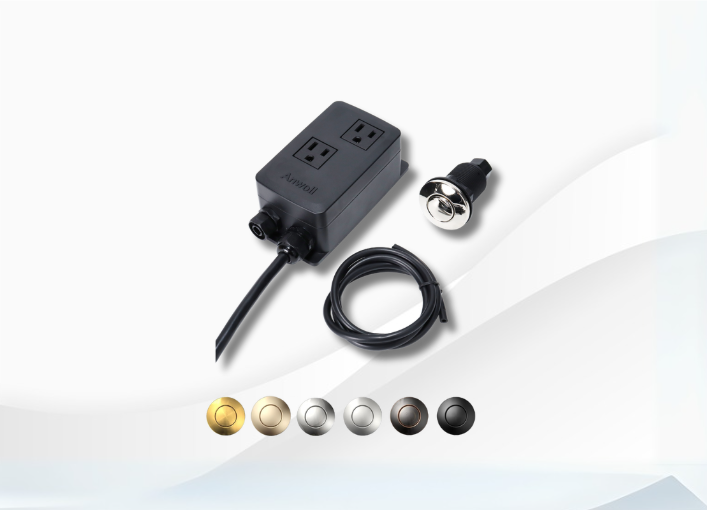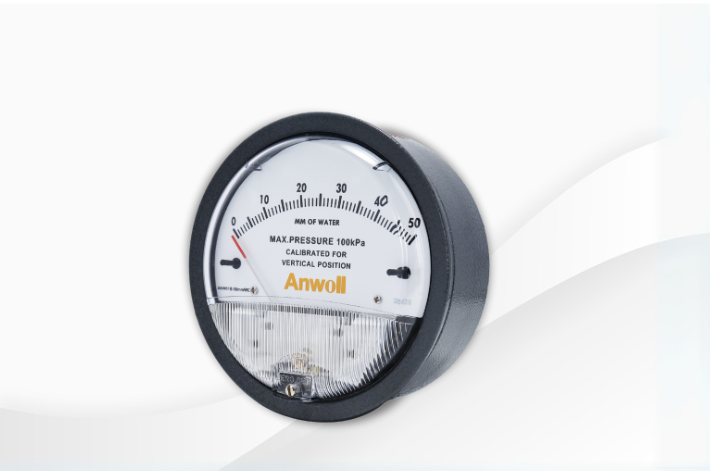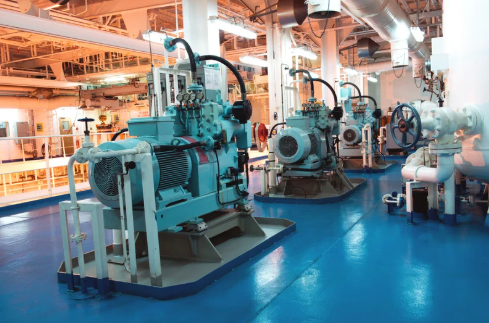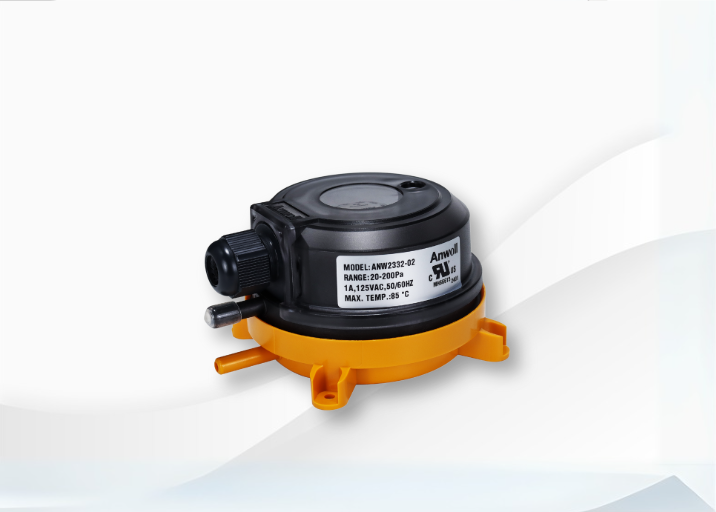Application of pressure transmitters in the oil and gas industry

Opinion | Nov. 18th, 2024
Joshua Matthew Williams
Pressure Product Line Manager
As a key equipment in the oil and gas industry, pressure transmitters have been widely and deeply applied in various sectors such as oil and gas extraction, pipeline transportation, storage facilities, as well as refining and processing.
Its core function is to ensure the safety of the entire system operation, improve operational efficiency, and ensure compliance with industry standards and regulations through precise real-time monitoring and effective control of pressure. The following will provide a detailed explanation of the specific applications and typical cases of pressure transmitters in various fields.
Oil and gas extraction
In the implementation process of drilling engineering, pressure transmitters play an important role in monitoring downhole pressure. It can accurately capture the dynamic changes in pressure data, providing key basis for preventing serious accidents such as blowouts. With the help of real-time feedback data information, operators can adjust the flow rate and pressure of drilling fluid in a timely and accurate manner, effectively maintaining the stability and safety of drilling operations, and ensuring that the entire drilling process can proceed smoothly according to the predetermined plan.
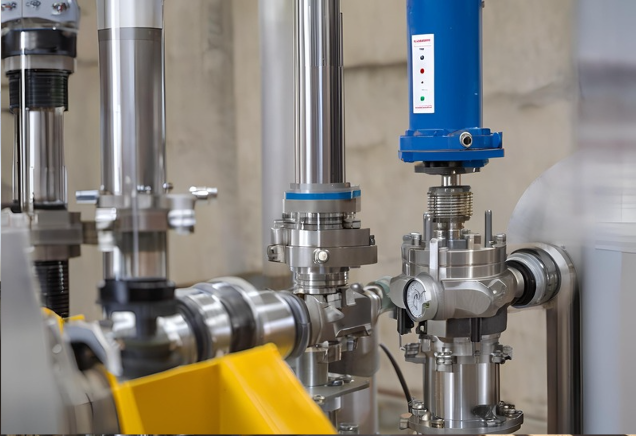
In the daily production operations of oil and gas wells, pressure transmitters continuously monitor the wellhead pressure. Through in-depth analysis and interpretation of these data, optimization and control of oil and gas production processes can be achieved, maximizing resource extraction efficiency, ensuring that oil and gas resources can be extracted in an efficient and economical manner, while ensuring long-term stable production of oil and gas wells.
Pipeline transportation
In oil and gas pipeline systems, pressure transmitters act as sharp “safety guards”, constantly monitoring the pressure conditions inside the pipelines. Once there is an abnormal fluctuation in pressure, the system can quickly issue warning signals to help operators detect potential leaks or blockages in a timely manner, so as to quickly take targeted maintenance measures, effectively ensuring the safety and reliability of pipeline transportation processes, and avoiding safety accidents and environmental pollution caused by pipeline failures.
In addition, through long-term monitoring and analysis of pressure change data, it is also possible to deeply optimize the conveying efficiency. By adjusting transportation parameters such as pressure and flow rate reasonably, energy consumption can be effectively reduced, operating costs can be lowered, and the economic and environmental benefits of pipeline transportation can be improved, achieving efficient and sustainable development of energy transportation.
Storage facilities
In oil and gas storage tanks and compressed gas storage facilities, pressure transmitters are one of the core components to ensure storage safety. It can monitor the changes in internal pressure in real time, detect abnormal phenomena such as overpressure in a timely manner, effectively prevent catastrophic risks such as explosions caused by uncontrolled pressure, and provide solid guarantees for the safe and stable operation of storage facilities.
Pressure transmitters play an indispensable role in meeting the special storage requirements of liquefied natural gas (LNG). It can accurately monitor and control storage conditions, ensuring that liquids remain stable within a specific pressure and temperature range, preventing safety issues such as LNG gasification and leakage caused by abnormal pressure or temperature fluctuations, and ensuring the efficient and safe operation of LNG storage facilities.
Refining and processing
In the complex production environment of refineries and natural gas processing plants, pressure transmitters are widely used in various key equipment, such as reactors, fractionation towers, etc. It monitors the pressure inside these devices in real-time, providing critical data support to ensure the stability and safety of the reaction process. Once there is an abnormal change in pressure, operators can quickly react and take corresponding measures to adjust or urgently handle it, avoiding production accidents caused by uncontrolled pressure and ensuring the continuity and stability of the production process.
Pressure monitoring data is of great significance for optimizing reaction conditions in core processes such as catalytic cracking and hydroprocessing. Through precise analysis and feedback of pressure data, operators can accurately adjust process parameters such as temperature, catalyst dosage, etc., thereby significantly improving product quality and output, enhancing the economic benefits and market competitiveness of refining and processing processes.
Anwoll pressure transmitter
Anwoll is a leading developer of pressure measurement and applications, with a mature series of pressure transmitters suitable for daily and cutting-edge applications.
If you would like to learn more about our pressure transmitters, please contact us directly.

